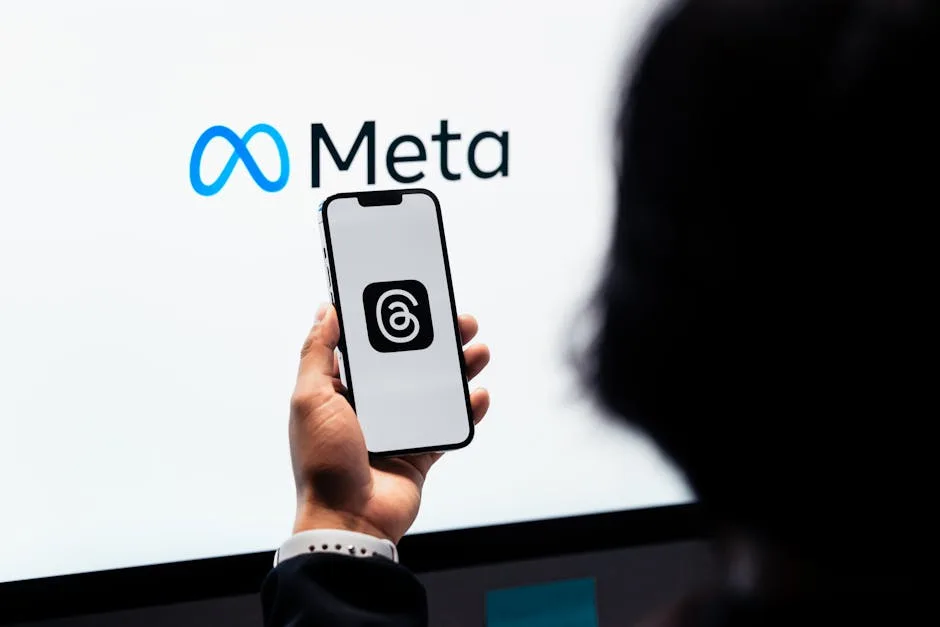
Texas has enacted a new law requiring Apple and Google to implement age verification for app downloads, marking a significant shift in digital accountability. Governor Greg Abbott signed SB 2420 on May 27, 2025, which mandates parental consent for users under 18 and takes effect January 1, 20261. The law aims to give parents greater control over minors’ app access but has sparked debates over privacy, compliance, and technical implementation.
Legal and Technical Requirements
The law requires Apple and Google to verify users’ ages before allowing app downloads or in-app purchases for minors. Texas is the second U.S. state to adopt such measures, following Utah, with similar bills pending in nine other states2. The legislation aligns with broader public sentiment: 81% of Americans support parental consent for minors’ social media accounts, per a 2023 Pew Research study3.
From a technical standpoint, the law raises questions about data collection and storage. Apple and Google argue that blanket age verification could compromise user privacy by necessitating widespread data collection4. Apple’s iOS 18.4 already includes age-range selection during device setup, triggering Family Sharing for users under 135. However, the law’s requirement for explicit parental consent adds a layer of complexity, particularly for developers integrating third-party age-verification APIs.
Industry and Legal Pushback
Apple CEO Tim Cook personally lobbied Governor Abbott to veto the bill, citing concerns over privacy and operational overreach6. Both Apple and Google propose limiting age-data sharing to apps that explicitly require it, such as social media platforms. Meta, however, supports the law, calling app stores a “one-stop shop” for parental controls7.
Legal challenges are anticipated, with critics arguing the law infringes on First Amendment rights by burdening adult speech to regulate minors8. The Digital Childhood Alliance, a child safety advocacy group, counters that app stores have historically prioritized profit over safety9.
Security and Compliance Implications
For security professionals, the law introduces new considerations:
- Data Privacy: Age verification mechanisms must comply with COPPA and GDPR standards, requiring secure storage and minimal data retention.
- API Security: Third-party age-verification services could become attack vectors if not properly secured.
- Fraud Risks: Fake consent mechanisms or spoofed parental approvals may emerge as evasion tactics.
Apple’s recent legal troubles add another layer of complexity. On May 1, 2025, a federal judge ruled Apple in contempt for violating a 2021 order to allow App Store competition10. The company now faces a criminal contempt investigation, which could delay compliance with the Texas law.
Global Context and Future Trends
Texas’s law mirrors global efforts to regulate minors’ digital access. Australia banned social media for under-16s in 2024, while Norway considers similar rules11. The U.S. Surgeon General has also flagged social media’s mental health risks for teens, signaling federal interest in the issue12.
As other states follow Texas’s lead, a fragmented regulatory landscape could emerge, complicating compliance for multinational tech firms. A federal standard may eventually unify these efforts, but until then, companies must navigate varying state requirements.
Conclusion
Texas’s age-verification law represents a pivotal moment in digital regulation, balancing child protection against privacy and operational challenges. For security teams, the focus will be on implementing robust verification systems while mitigating new risks. The law’s success or failure could shape future legislation worldwide.
References
- “Texas Poised to Enforce Age Verification for Apple, Google App Stores,” Reuters, May 27, 2025.
- “Texas Enacts Age Verification Law for App Stores,” Engadget, May 27, 2025.
- “Texas Signs App Store Age Verification Law,” MacRumors, May 27, 2025.
- “U.S. Judge Rules Apple Violated Order to Reform App Store,” NBC News, May 1, 2025.
- “Tim Cook Called Texas Governor to Stop Online Child Safety Legislation,” Wall Street Journal, May 27, 2025.
- “Apple’s 27% Fee on External App Purchases Deemed Anti-Competitive,” Reuters, May 27, 2025.





